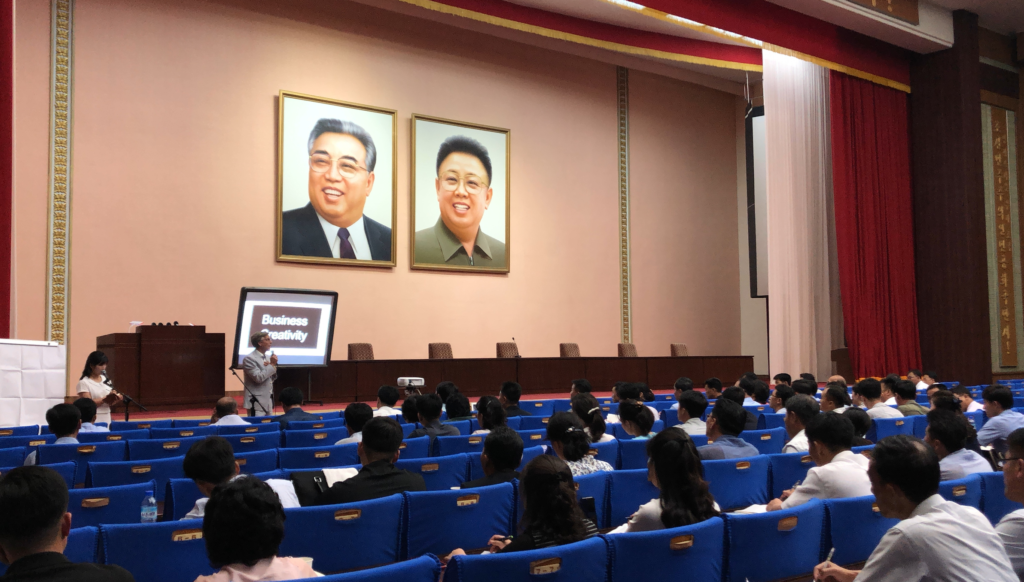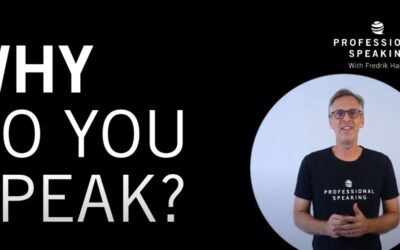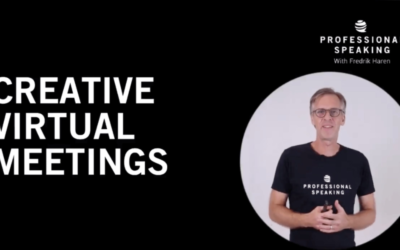
Earlier this month I had the opportunity to speak in Pyongyang in DPRK (or North Korea as many people know it). I was part of a group who spoke at a conference on Urban Innovation for about 200 delegates from different part of North Korean society.
Speaking in North Korea is a challenge because as a speaker you do not know how much the audience will know about the examples, stories and case studies that you normally present in your speech, so speaking there became an excellent reminder of the need to use the contact points you have before the speech to get as much knowledge as possible about the audience.
Knowing your audience is always important, but when speaking to North Koreans it became so clear how important researching the audience is before every speech.
Research on the Internet can give you some information about the audience, but I find that personal conversations with people who know the audience is the most valuable.
So on my trip to Pyongyang I made sure to:
- Interview previous people who had spoken at this conference to hear their experiences and get their advice.
- Talk to the client of the organisation which organised the event. (Speaking with the client if of course a no-brainer,)
- Make sure I sat next to the translator at the speaker dinner the night before so I could get more information about the country, the audience and the conference (she had translated for this conference before)
- Ask questions from the government representative who was always with us about what he thought I should know.
- Talk to the other speakers who spoke at this conference about how they had prepared and what they had learnt about the group
- Make sure that I got the views from the client of the local organisation who co-organised the conference
- Also interviewed another translator who I got a chance to meet with.
- Network with delegates during the opening of the conference to get some last minute insights about what they wanted to learn and find out more about where they came from.
Eight different touchpoints that all gave me valuable insights into the group I would be talking to.
The more you know about your audience the better you will be as a speaker. It is true for speaking in North Korea, and it is true for speaking anywhere else on Earth.




